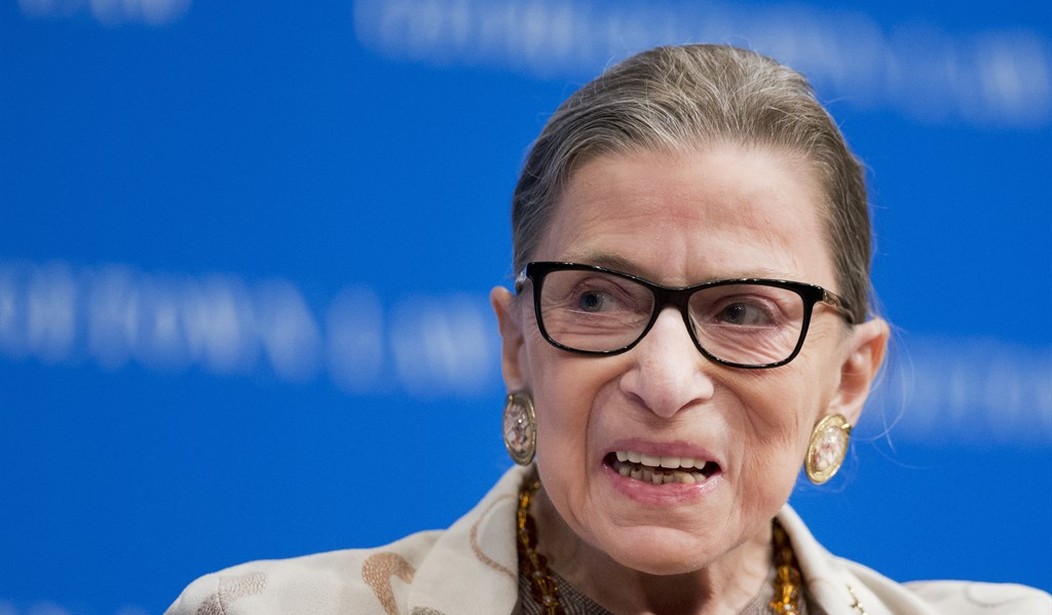The death of Supreme Court Associate Justice Ruth Bader Ginsburg will have unknown consequences depending on who ends up taking her place.
In the meantime, there is a 5-3 split between liberals and conservatives on the bench. And with an election that will have record-setting court challenges on the horizon, liberals on the bench would need 2 conservative justices to enact their vision of unfettered voter access to the ballot.
Chief Justice John Roberts has proved that he is perfectly willing to join with the Left in some cases. But despite bellyaching from the right, Roberts has been a fairly consistent conservative vote on most issues — especially issues dealing with voting access.
Court-watchers say predicting what a court without Ginsburg will do requires — to some degree —assessing what Roberts is or was likely to do, since he has been viewed as the GOP appointee most likely to join with liberals since Justice Anthony Kennedy retired in 2018.
In cases on the court’s regular, argued docket, Roberts has been no friend of voting-rights advocates. He was the architect and author of the Shelby County decision in 2013 which, on a 5-4 vote, knocked out a key provision of the Voting Rights Act that required many states and localities to get “pre-clearance” from the Justice Department or a court before changing voting procedures or districts.
So Roberts would be of enormous help in ruling on some key decisions. The Trump campaign has sued Pennsylvania, Nevada, New Jersey, and Montana for changes they made in vote-by-mail rules. One or more of those cases could end up before the Supreme Court. Liberals have sued in Tennessee and Texas over access to the polls.
And those are just a few of the cases.
By various counts, there have been between about 170 and 250 election-related court challenges filed or litigated in 45 states during the current cycle. Some experts say the numbers are on a record pace, although there seem to have been few efforts to produce a comprehensive tally in past years. Dozens of the current suits could wind up producing emergency applications to the justices, requiring them to weigh in on whether lower court orders go too far or not far enough.
Ginsburg’s death is also having a psychological impact on cases.
“One of the things that will be included in the calculus of whether people go to court is: What is going to happen if it gets to the Supreme Court?” said Myrna Perez of the Brennan Center for Justice. “Her passing is likely to deter some people who felt like they need her moral vision — her clarity to persuade other justices and it is likely going to inspire other people who are glad she’s not there to offer that same vision and clarity.”
If Trump loses in November, and a nominee isn’t confirmed by Election Day, it’s not likely that a Trump choice would win on the Senate floor. There are several Republican senators who would refuse to confirm a nominee in a lame-duck session for a variety of reasons. So it’s really now or never for the GOP.
Lurking in the back of everyone’s memory is what happened in 2000. Then, a conservative majority agreed with Florida law and gave the state to George Bush.
Similar scenarios are possible in 2020 with so many states that are going to be close and so much controversy over mailed absentee ballots. And with the possibility that one single state can tip the Electoral College to one candidate or another, the stakes become massive.









Join the conversation as a VIP Member